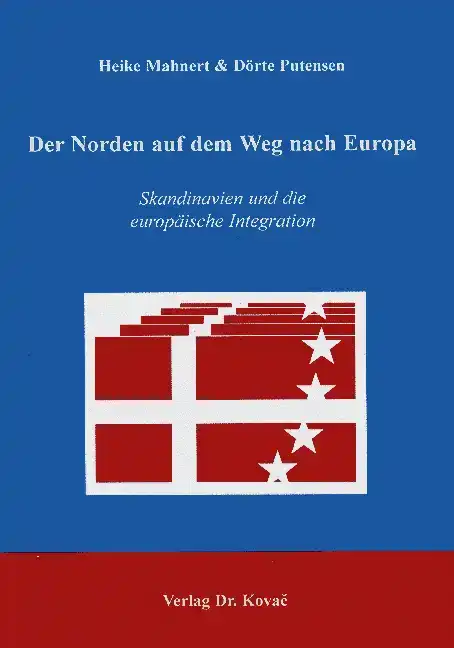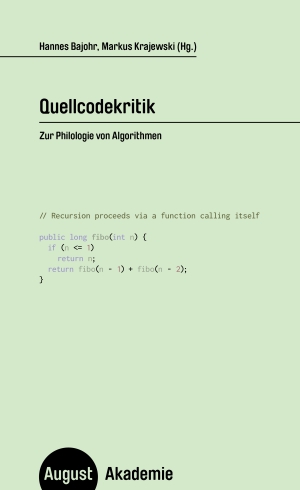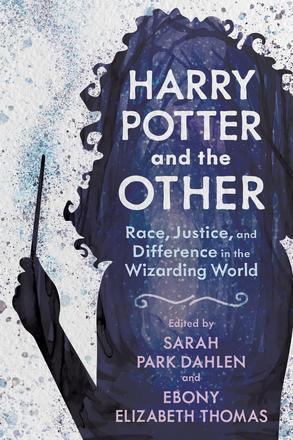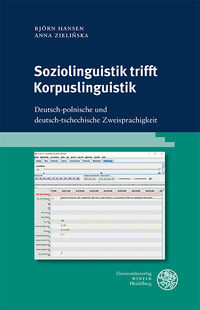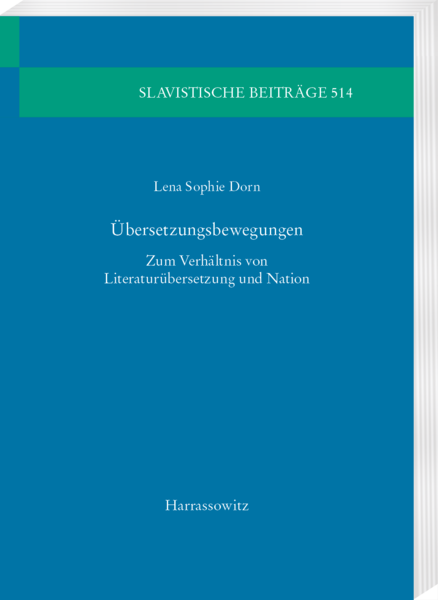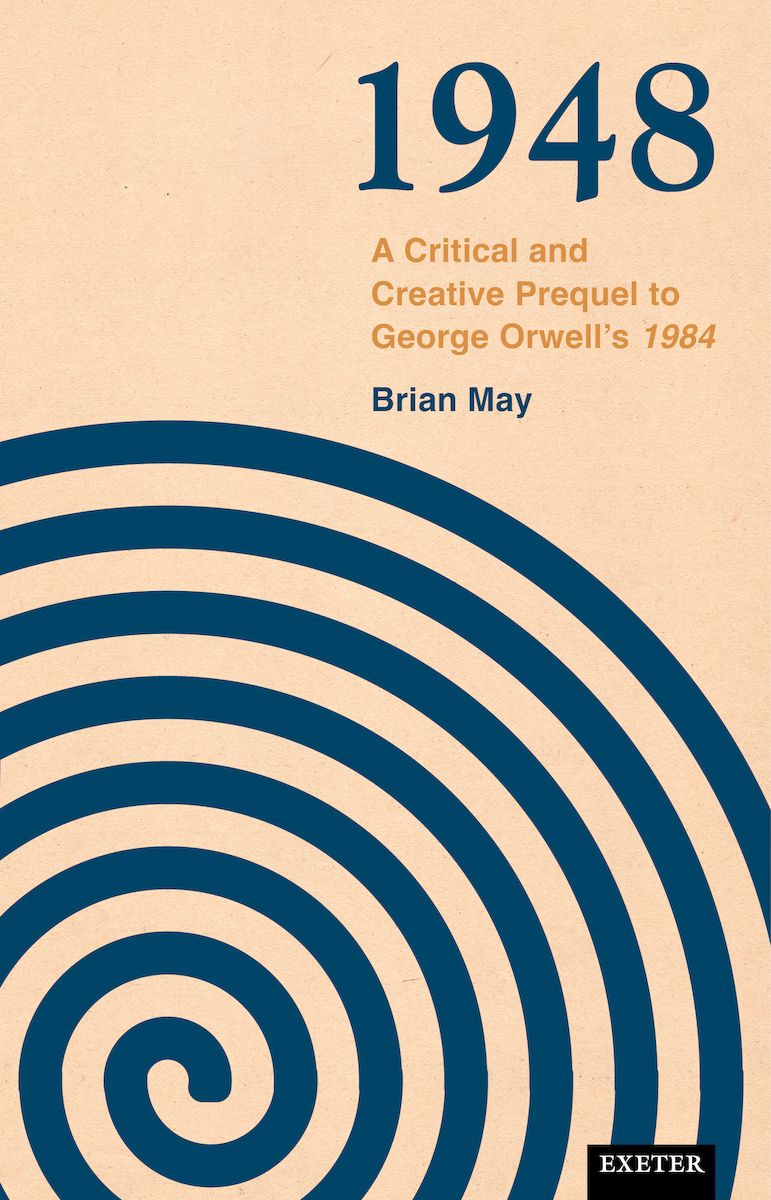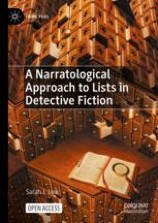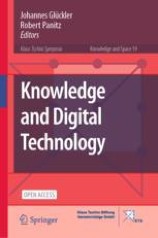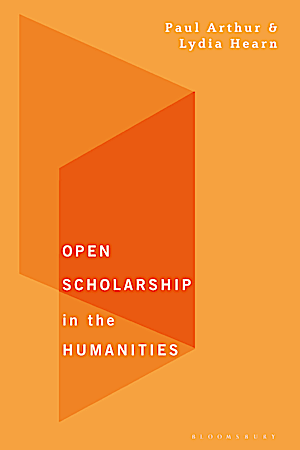 „Das Schulfach Latein hat nicht den besten Ruf. Doch die alte Sprache bastelt an einer neuen Zukunft. Weniger elitär, mehr Geschichte und Alltag. Welches Potenzial steckt in Latein?
„Das Schulfach Latein hat nicht den besten Ruf. Doch die alte Sprache bastelt an einer neuen Zukunft. Weniger elitär, mehr Geschichte und Alltag. Welches Potenzial steckt in Latein?
Warum Latinum? Latein muss sich im Lehrplan oft rechtfertigen
Der Lateinunterricht wird von vielen Schulkindern und ihren Eltern argwöhnisch betrachtet: Wofür diese tote Sprache lernen? Mit Französisch oder Englisch lassen sich weite Teile der Welt bereisen und im Medizin-Studium hilft heute Google mehr als ein Latinum.
Die Meinungen zum Fach Latein gehen weit auseinander. Eine Twitter-Umfrage von SWR2 Wissen macht das deutlich: Manche teilen gute Erinnerungen, für andere bedeutet Lateinunterricht nur Frust und Langeweile.
Harry Potter statt Cicero: Moderne Fantasy-Romane machen Lust auf antikes Latein
Dass viele Latein-Klischees inzwischen überholt sind, zeigt ein Besuch in der Schulklasse von Michael Stierstorfer.
Latein ist so viel mehr als Grammatik und Vokabeln pauken, schwärmt der Lehrer von der Vielfalt seines Fachs. Denn der Latein-Unterricht vermittelt weit mehr als nur die Sprache, als Kulturfach gibt er auch einen Einblick in die Lebens- und Denkweise der alten Römer.
Allerdings kann er durchaus verstehen, warum viele Schulklassen bei antiken Klassikern aufstöhnen. Kinder und Jugendliche begeistern sich eben mehr für Fantasy-Romane und zeitgenössische Texte. Deshalb steht bei Stierstorfer neben Seneca und Cäsar noch was ganz anderes auf dem Programm: Harry Potter oder Percy Jackson, ins Lateinische übersetzt.
Weil es mehr Spaß macht, Zaubersprüche zu entschlüsseln als römische Kampfstrategien zu übersetzen, haben Michael Stierstorfer und Markus Janka Teile von Suzanne Collins Roman-Trilogie „Die Tribute von Panem“ ins Lateinische übersetzt.
Von wegen tot: Latein überall in unserem Alltags-Wortschatz versteckt
Sehr viele Sprachen haben sich aus dem Lateinischen entwickelt. Am deutlichsten erkennt man das an Italienisch, Spanisch und Französisch, sogenannten romanischen Sprachen. Deshalb fällt es einem deutlich leichter, diese Sprachen zu lernen, wenn man vorher schon Latein hatte. Das erklärt der Philologe Peter Kuhlmann von der Universität Göttingen.
Und auch Deutsch wurde von der lateinischen Sprache beeinflusst: Akkusativ, Dativ, Genitiv – deutsche Sätze folgen derselben grammatikalischen Logik wie Latein. Außerdem haben viele unserer Alltagswörter lateinischen Ursprung. Adventskalender, zum Beispiel, kommt von Adventus, lateinisch für die Ankunft.
Von der großen Bedeutung des Lateinischen in unserer alltäglichen Sprache ist auch Ingo Grabowsky überzeugt. Er ist Leiter der Ausstellung „Latein – tot oder lebendig“ im Kloster Dalheim, in der Nähe von Paderborn: „Wenn wir Deutsch reden, dann reden wir in einer Sprache, die nicht nur durch Fremdworte vom Lateinischen beeinflusst ist, sondern die in der ganzen Struktur so entstanden ist, weil es das Lateinische gibt und die sich sozusagen am Lateinischen orientiert hat bis heute. Insofern ist aus meiner Sicht Latein auf jeden Fall lebendig.“
Schulforschung zeigt: Latein unterstützt beim Deutsch lernen
Diese sprachliche Verwandtschaft interessiert auch die Schulforschung zunehmend. Denn was in Latein vermittelt wird, könnte Schülerinnen und Schülern auch im Deutsch-Unterricht helfen. So erleichtert die lateinische Satz-Struktur den Umgang mit grammatikalischen Fällen im Deutschen, der gemeinsame Wortschatz unterstützt bei der Rechtschreibung.
Davon profitieren insbesondere Kinder, deren Muttersprache nicht Deutsch ist. Das konnten erste Praxistests an Schulen bereits zeigen.
Pan-europäisches Integrationsfach: Latein vermittelt gemeinsame Geschichte
Im Lateinunterricht steckt also viel mehr als nur ein reines Sprachfach. So entdeckt die Schuldidaktik dessen Potenzial, mehrere Disziplinen in sich zu vereinen.
Weil praktisch ganz Europa während der Antike unter dem Einfluss der Römer stand, öffnet uns ihre Sprache die Ursprünge der europäischen Literatur, der europäischen Kultur und des europäischen Denkens.
Auf diese Weise verbindet Latein über Ländergrenzen hinweg. Diese integrierende Eigenschaft ist sehr wertvoll, vor allem in Zeiten, in denen viel von Krise und gesellschaftlichem Zerfall die Rede ist.“
(SWR, Lukas Meyer-Blankenburg, Justina Bretzel, Candy Sauer)
Sie können die Sendung, die am 1.12.2023 in der Reihe „SWR2 Wissen“ lief, über die Seite des SWR nachhören oder als Audiodatei herunterladen. Es gibt auch ein Manuskript zur Sendung.
In his Beautifying the Ugly and Uglifying the Beautiful (Taḥsīn al-qabīḥ wa-taqbīḥ al-ḥasan) the prolific anthologist al-Thaʿālibī (d. 429/1038) offers a thematically arranged selection of Arabic poems and prose anecdotes or sayings with contrary or paradoxical purport, such as praise of miserliness, boredom, sickness, and death, or condemnation of generosity, intelligence, youth, and music.
 This volume presents how Chinese people communicate with various meta-level expressions for different purposes across contexts. It demonstrates empirically how the use of these expressions contributes to the management of meaning generation, interpersonal relating and discourse organization. It will serve to shed light on the understanding of how Chinese people monitor their speech in the course of communication, and will function as an important reference for researchers and students who conduct cross-linguistic comparative or contrastive metapragmatic research concerning Chinese and other languages.
This volume presents how Chinese people communicate with various meta-level expressions for different purposes across contexts. It demonstrates empirically how the use of these expressions contributes to the management of meaning generation, interpersonal relating and discourse organization. It will serve to shed light on the understanding of how Chinese people monitor their speech in the course of communication, and will function as an important reference for researchers and students who conduct cross-linguistic comparative or contrastive metapragmatic research concerning Chinese and other languages.

